Antipopes of the Antichurch
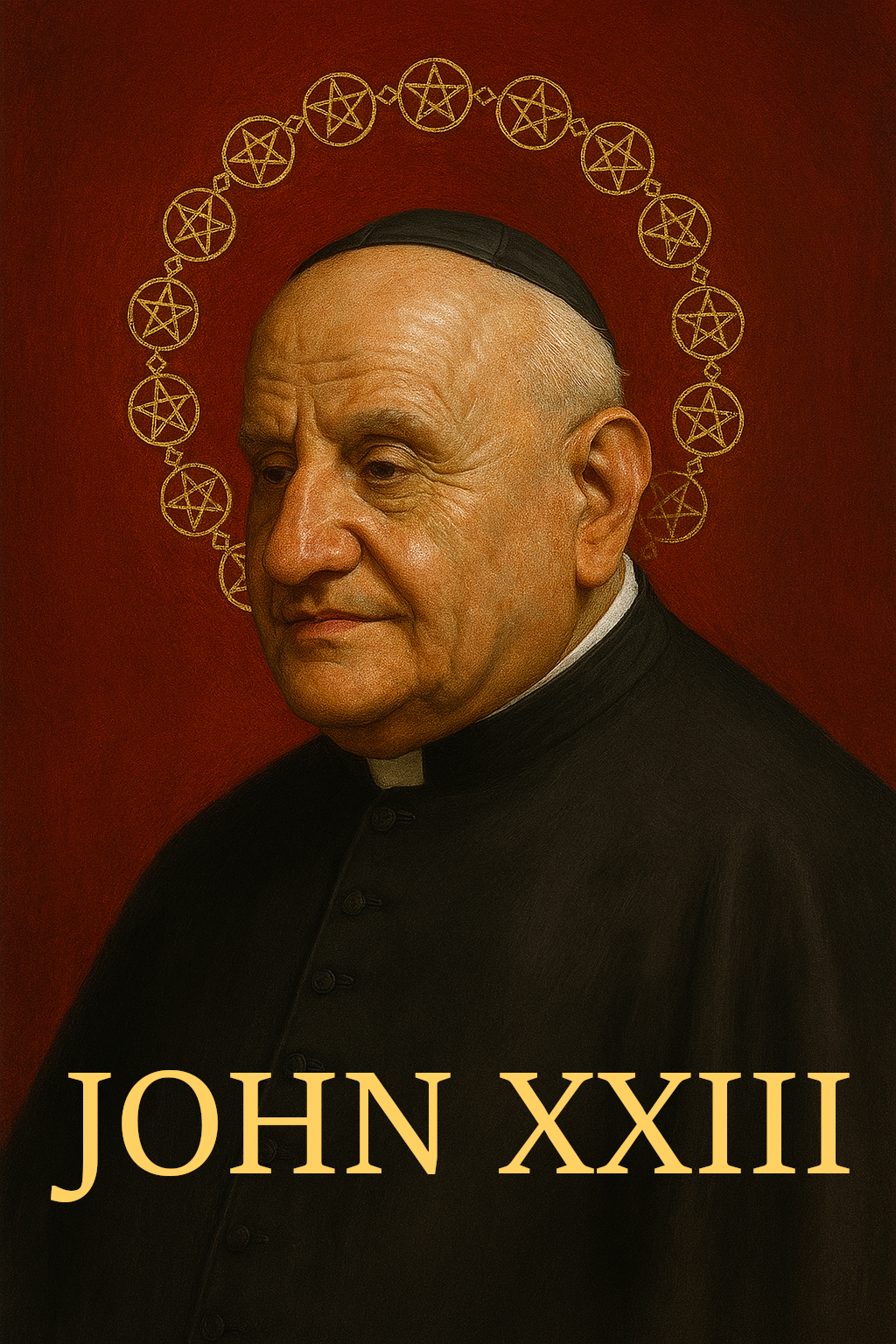
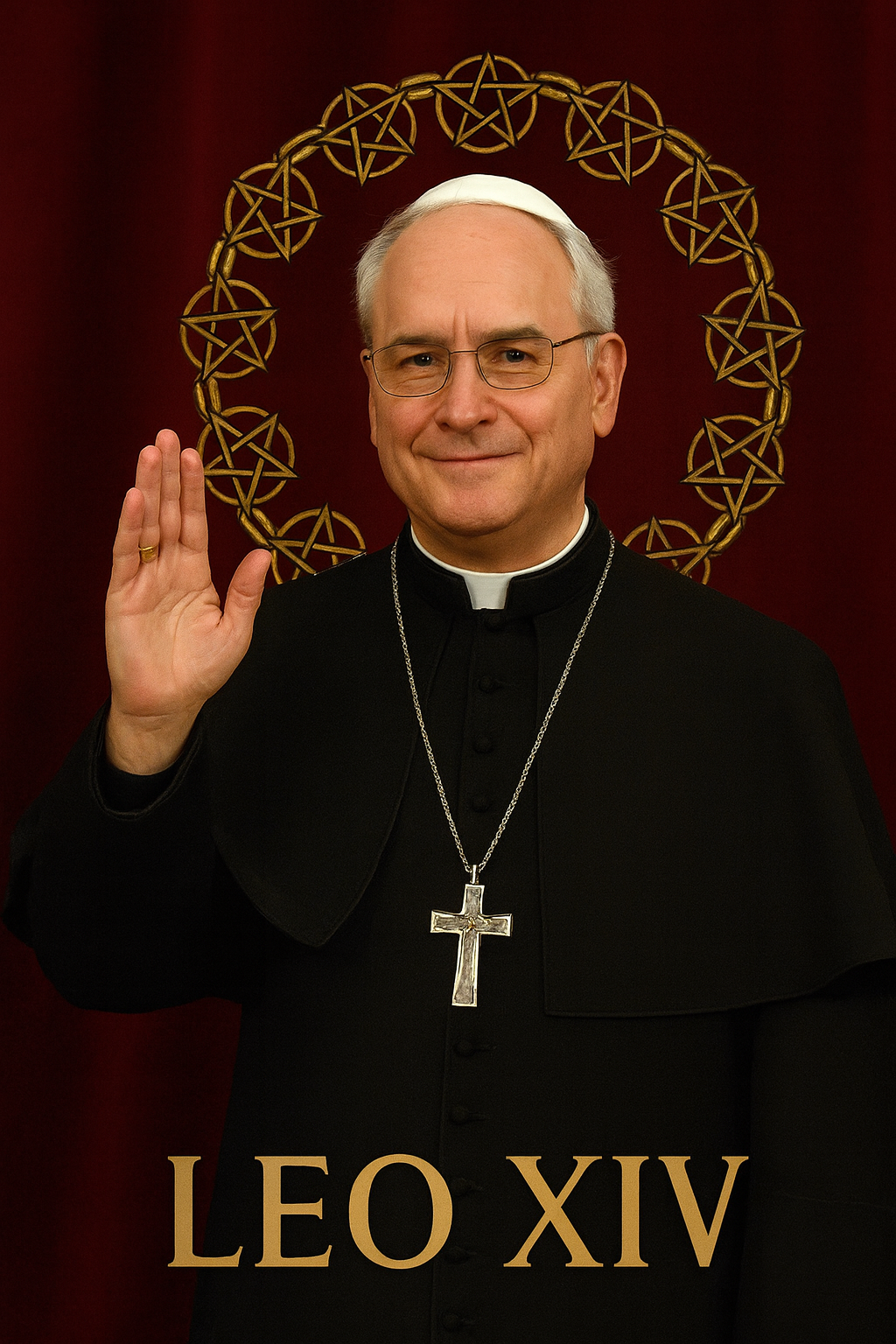


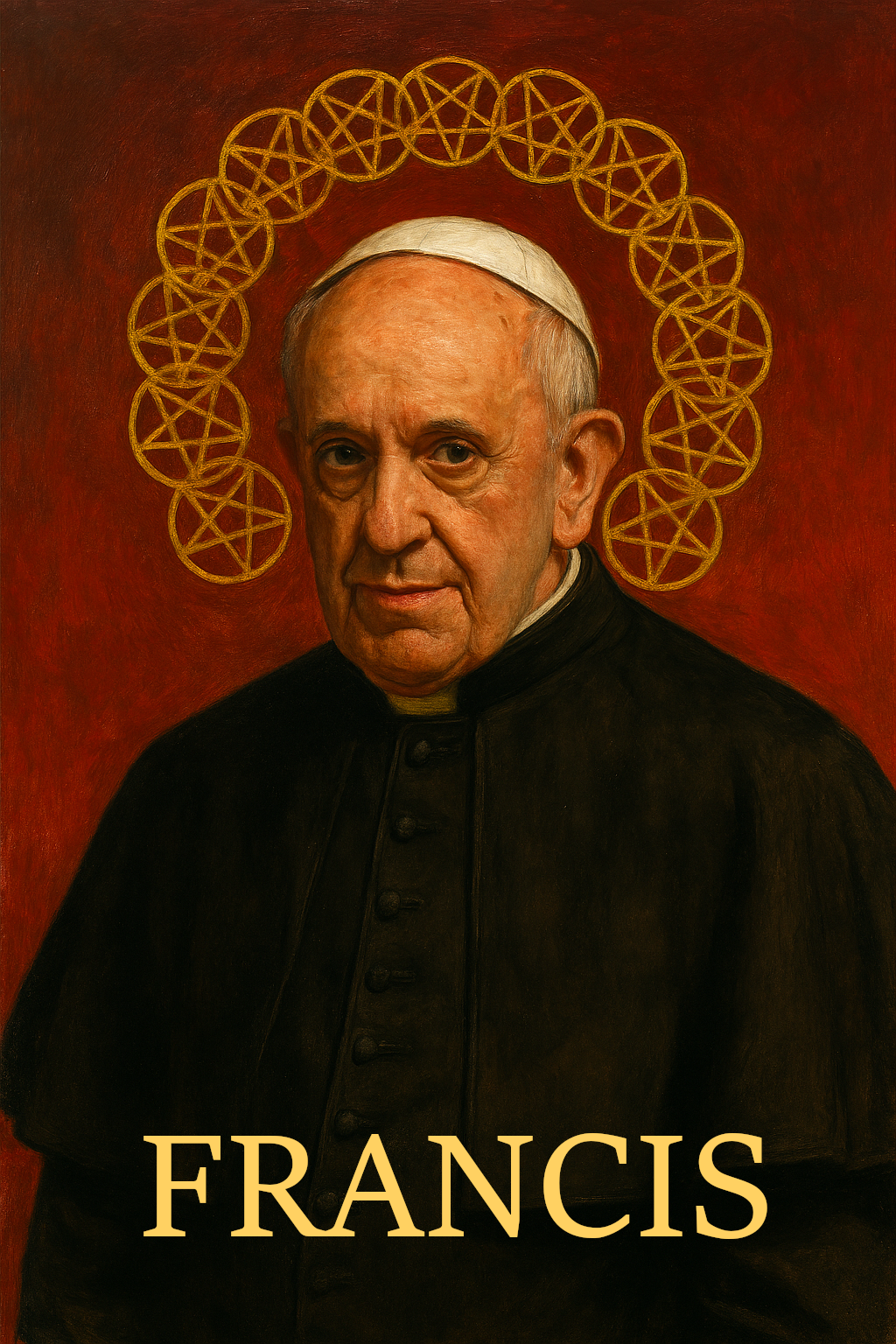


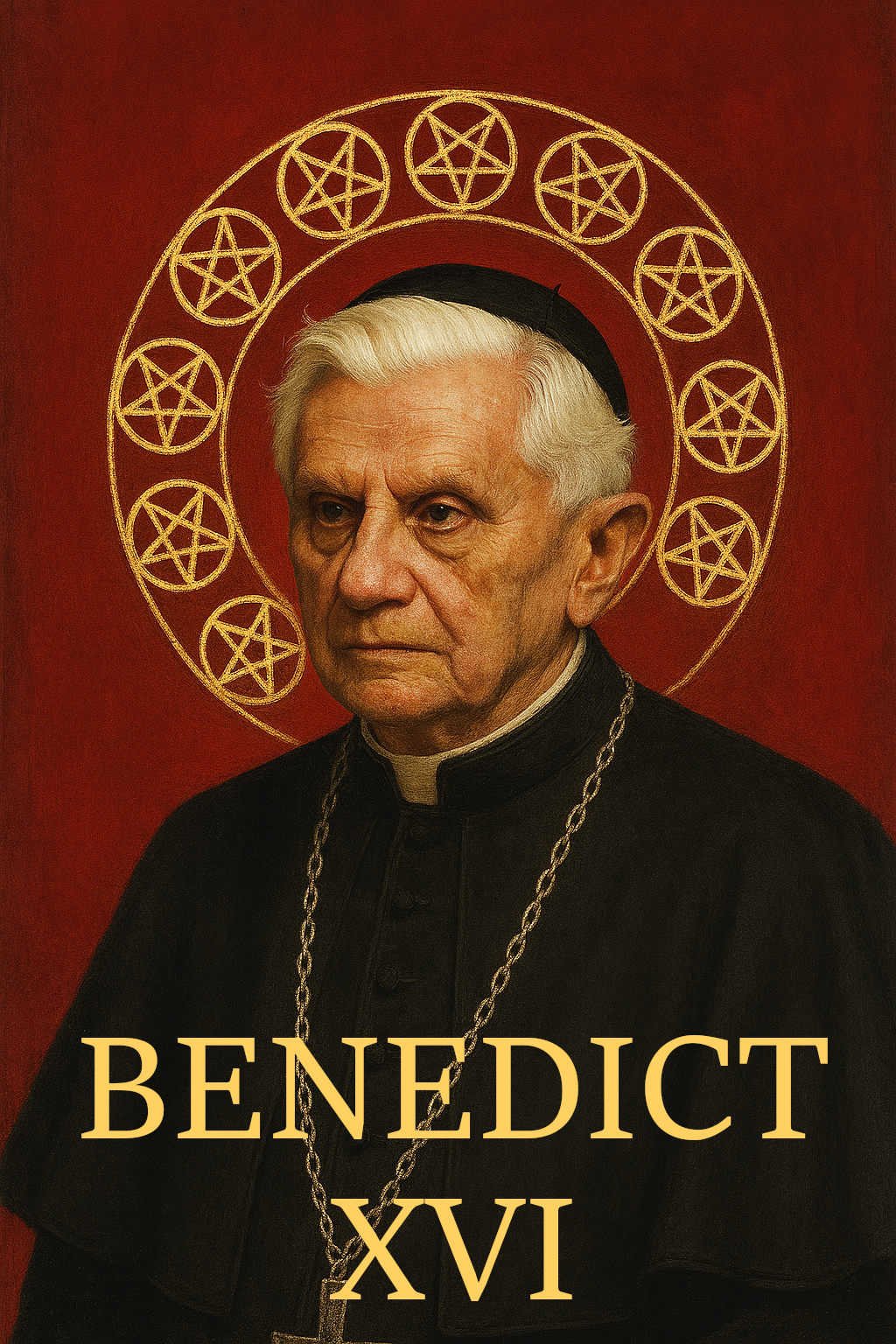


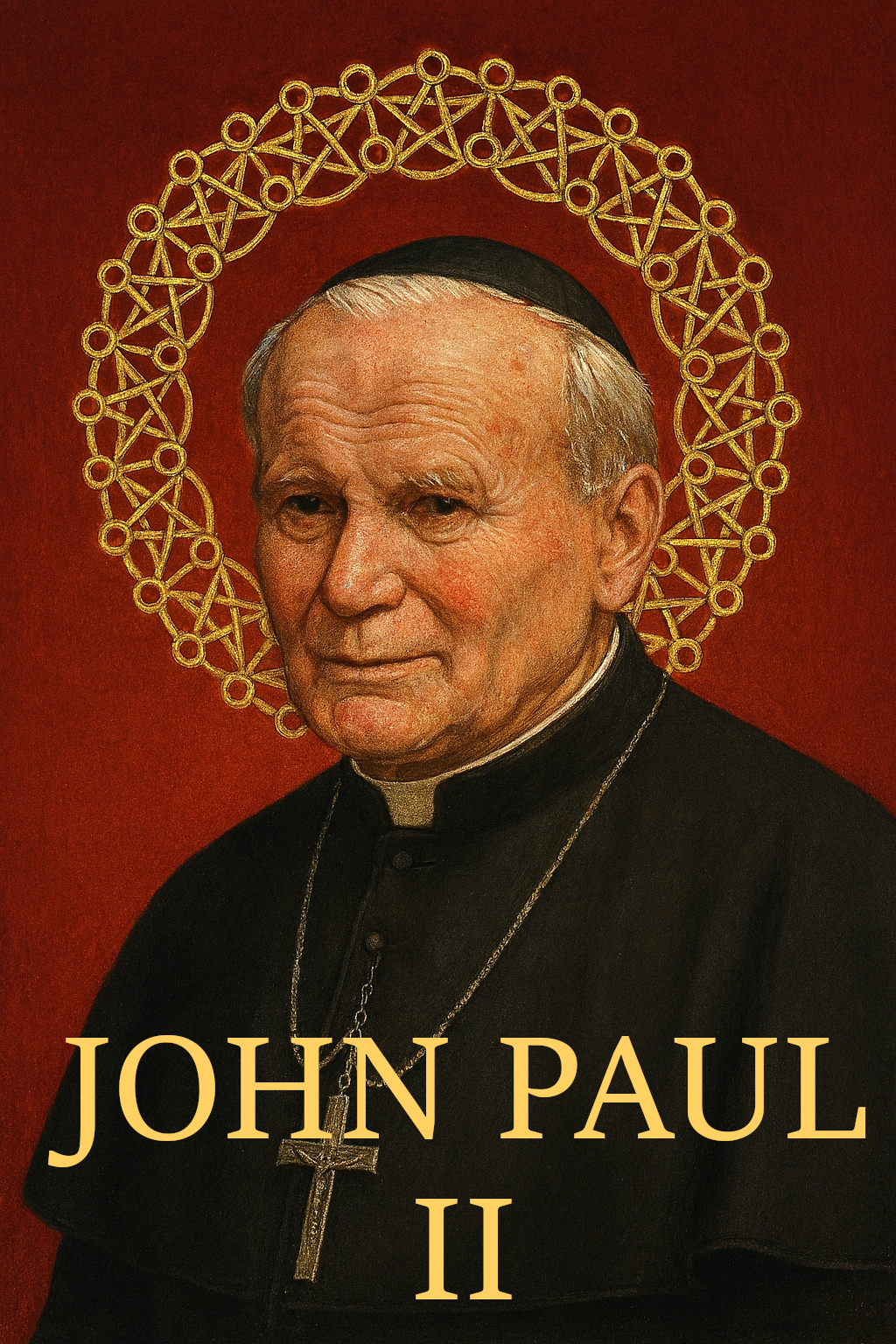


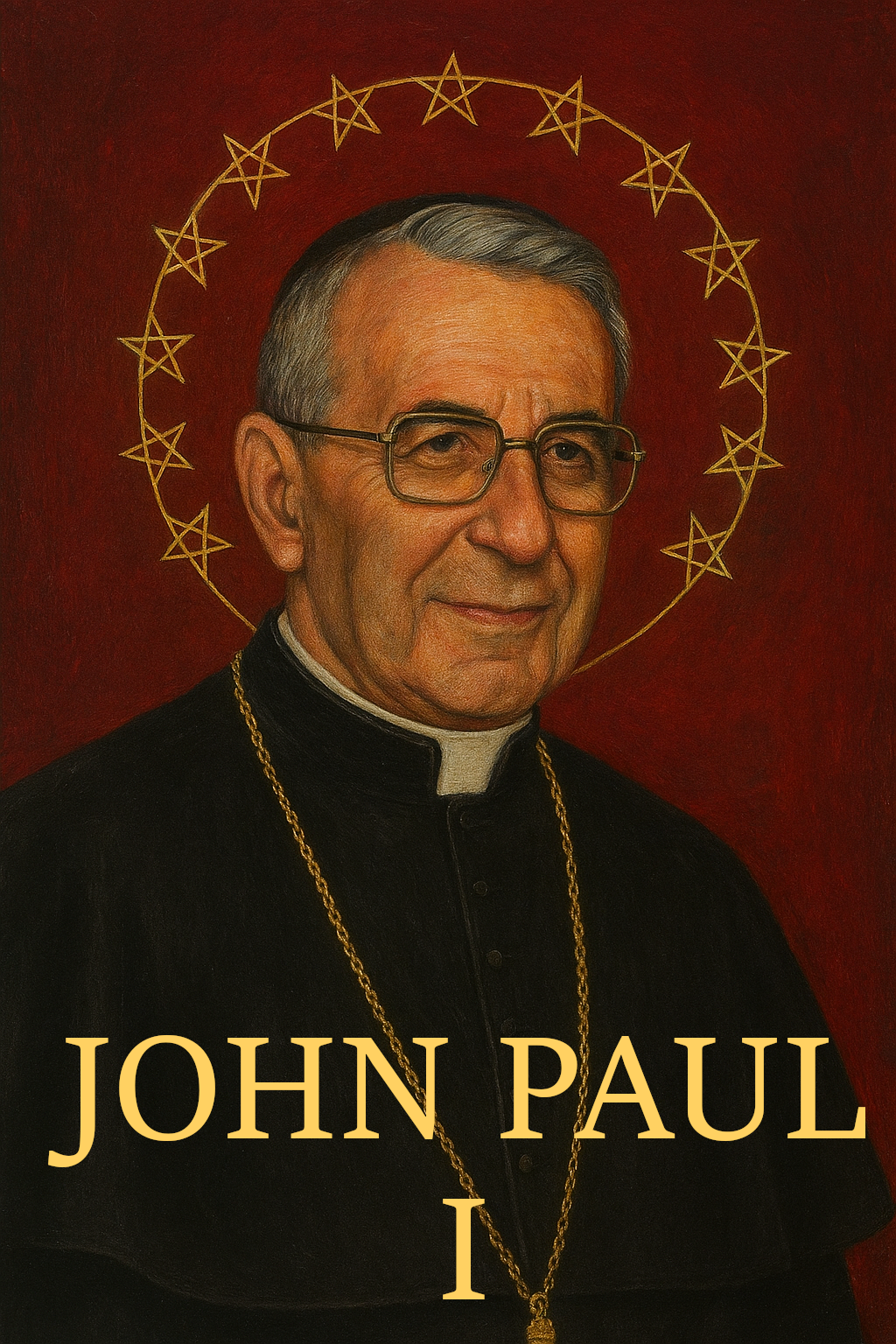


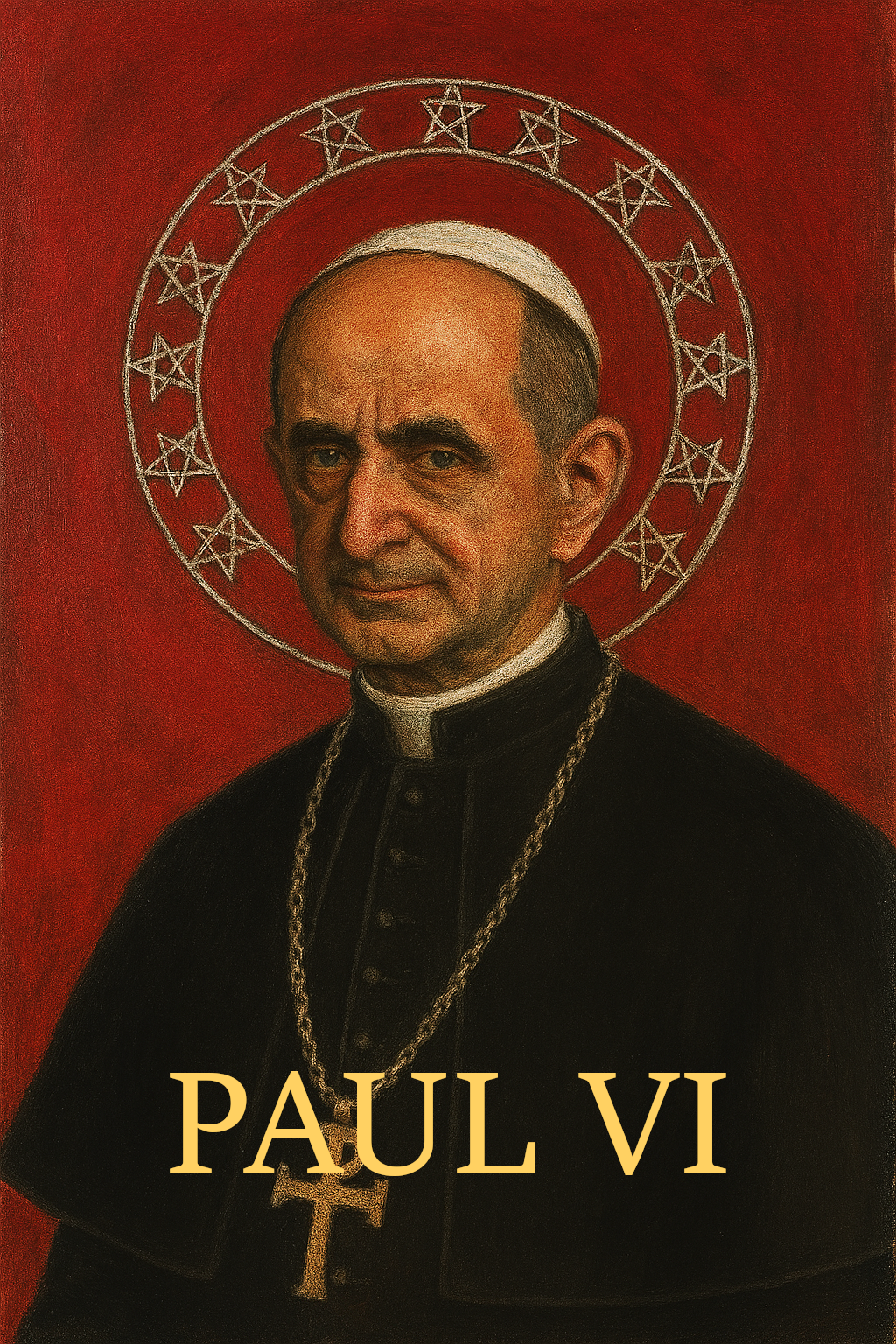


Timeline of this heretical pontiff
Encyclical Letters
+ 15 posts1959
+ 7 posts1961
+ 4 posts1962
+ 2 posts1963
+ 2 postsApostolic Exhortations
+ 3 postsApostolic Constitutions
+ 93 posts1958
+ 6 posts1959
+ 87 postsMotu Proprio
+ 15 posts1958
+ 1 posts1959
+ 1 posts1962
+ 11 postsApostolic Letters
+ 151 posts1958
+ 4 posts1959
+ 63 posts1960
+ 78 posts1961
+ 1 posts1962
+ 4 posts1963
+ 1 postsSpeeches
+ 99 posts1958
+ 2 posts1959
+ 26 posts1960
+ 29 posts1961
+ 16 posts1962
+ 24 postsMessages
+ 6 posts1959
+ 4 postsHomilies
+ 4 postsLetters
+ 152 posts1958
+ 1 posts1959
+ 48 posts1960
+ 32 posts1961
+ 31 posts1962
+ 30 posts1963
+ 10 postsNot categorized
+ 1 posts1958
+ 1 postsNews feed


Allocutio Ioannis XXIII ad Fratres Praedicatores (1961.09.25)
The text is a Latin allocution of John XXIII to the superiors and members of the Order of Preachers (Dominicans) during their General Chapter in Bologna in 1961, in which he praises their historical fidelity to Rome, their poverty, preaching, studies, missions, publishing, and exhorts them to harmonize “new” initiatives with “ancient” heritage in service to the universal Church under the Apostolic See. It is precisely in this apparently pious, traditional vocabulary that one perceives the programmatic mutation: the instrumentalization of an illustrious order for the conciliar revolution, under the guise of “renewal,” “adaptation,” and “new ways” to diffuse the Gospel.
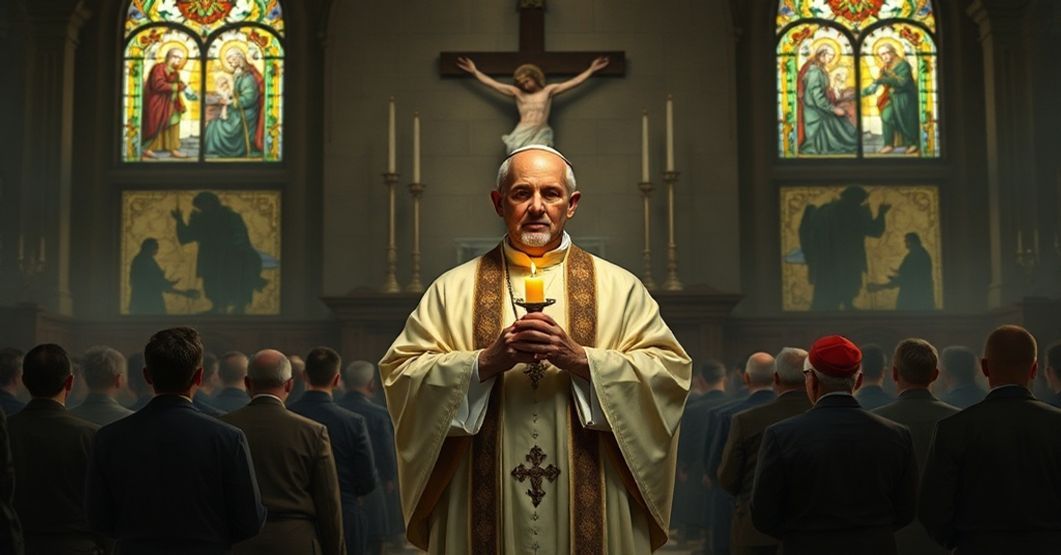

Allocutio Ioannis XXIII (1961.07.06)
This brief Latin allocution of John XXIII, addressed to the preparatory Commission for the Apostolate of the Laity during the lead-up to the so-called Vatican II, reacts to bloody events in Algeria with expressions of sorrow, an appeal to prayer, and a desire for peace “founded on justice and charity,” especially by imploring rulers to establish a true and stable peace; yet beneath its pious phrases, it epitomizes the naturalistic, horizontal, and politically opportunistic spirit that would soon enthrone the conciliar revolution against the Kingship of Christ.
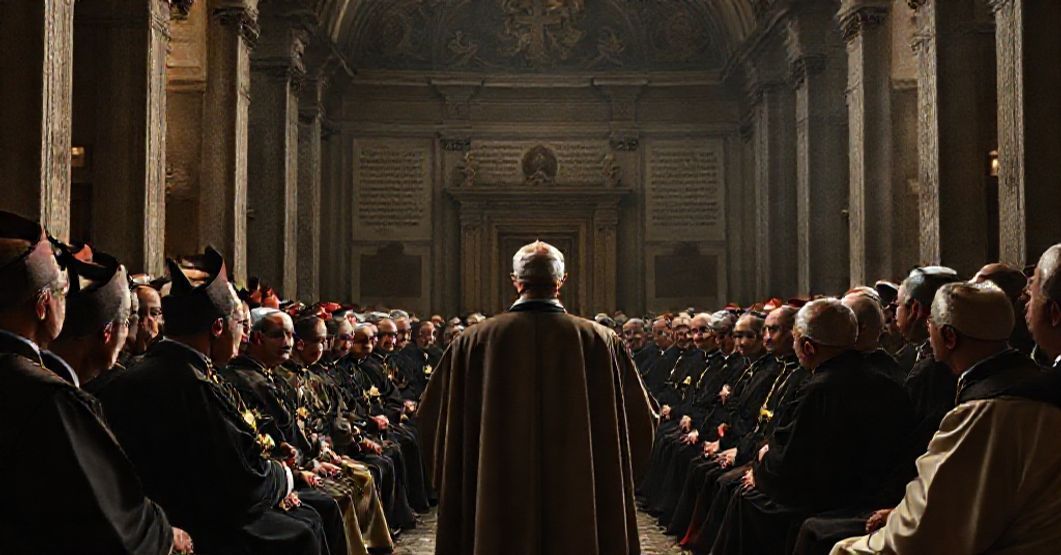

Allocutio Ioannis XXIII (1961.06.20)
The allocution of John XXIII of 20 June 1961 to the members of the Central Commission for the preparation of the so-called Second Vatican Council presents an enthusiastic self-congratulation over the preparatory work, extols the worldwide consultation of bishops, academics and laity, prescribes Latin as the official language with pragmatic concessions, insists that the Council will not be a parliament but a solemn gathering of the hierarchy, urges persevering prayer for its success, and depicts the future Council as a radiant event for all nations and even for those “separated brethren” and non-believers whom the “Church” desires to embrace.
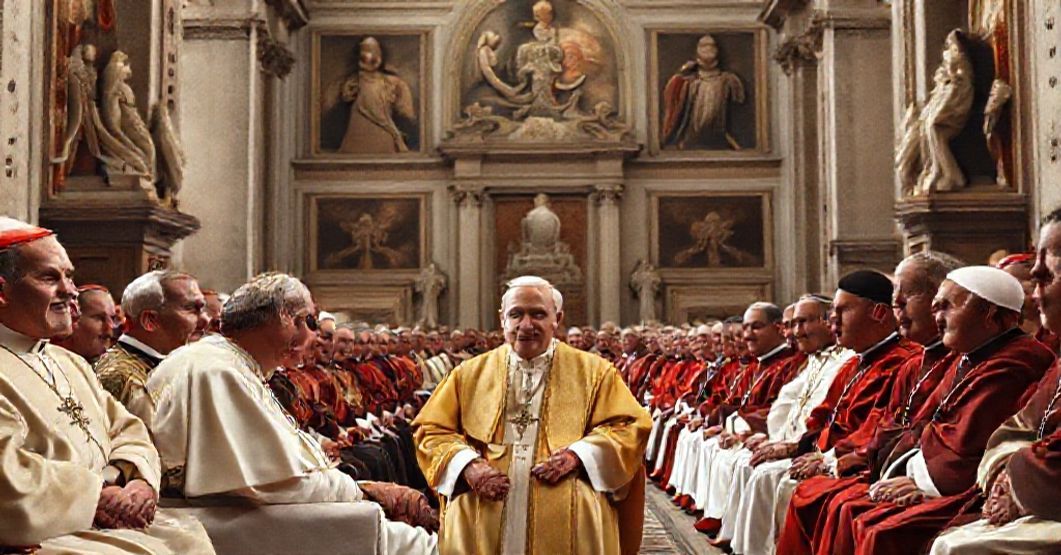

Allocutio Ioannis XXIII (1961.06.12)
The text is a Latin allocution of John XXIII to the Central Commission preparing the so‑called Second Vatican Council, delivered on 12 June 1961, in which he jubilantly hails the rapid progress of the preparatory work, exalts the “expectation” of the world (including those “outside the Church”), and solemnly frames the future council as a luminous continuation of previous ecumenical councils destined to leave an “indelible mark” on the Church, under the auspices of the Holy Ghost and the intercession of the saints; in reality, this speech is a programmatic manifesto of the conciliar revolution, already revealing the anthropocentric optimism, naturalistic trust in the world, and deliberate instrumentalisation of conciliar authority that would be used to overturn the integral Catholic order established up to 1958.
Varia
Announcement:
– News feed –implemented
– Antipopes separate web sites with their all documents refutation – in progress
